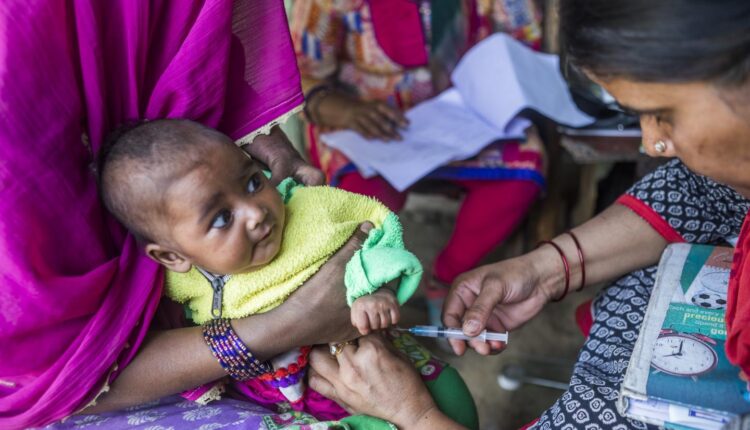Vaccination of Kids: Why It’s Important
Ensuring Health Security: The Imperative of Childhood Vaccination in India
Vaccination is a critical component of public health, especially for children. In India, ensuring that kids are vaccinated is essential to prevent the spread of infectious diseases, reduce mortality rates, and promote overall health. Despite significant progress, there are crucial steps that need to be implemented to ensure comprehensive vaccination coverage.
Preventing Disease Outbreaks
Vaccinations protect children from potentially life-threatening diseases such as measles, polio, diphtheria, and tetanus. These diseases can cause severe health complications and, in some cases, death. For example, before widespread vaccination, measles caused millions of deaths globally. In India, the introduction of the measles vaccine has drastically reduced cases and saved countless lives. It is imperative that India continues to prioritize the widespread implementation of vaccination programs to maintain and improve these public health gains.
Reducing Mortality Rates
Childhood vaccines play a pivotal role in reducing infant and child mortality rates. The World Health Organization (WHO) estimates that vaccines prevent 2-3 million deaths each year worldwide. In India, the Universal Immunization Programme (UIP) aims to immunize children against vaccine-preventable diseases. Efforts under UIP have significantly decreased the incidence of diseases like polio and neonatal tetanus, contributing to lower child mortality rates. Expanding and strengthening this program will further protect India’s children.
Promoting Herd Immunity
Support Independent Journalism? Keep us live.
Vaccination not only protects the individual child but also contributes to herd immunity. Herd immunity occurs when a significant portion of the population becomes immune to a disease, thereby reducing its spread. This is particularly crucial for protecting those who cannot be vaccinated due to medical reasons, such as allergies or compromised immune systems. High vaccination coverage ensures that diseases do not spread easily, safeguarding the entire community. Thus, implementing robust vaccination campaigns across all regions is necessary for achieving and maintaining herd immunity.
Economic Benefits
Investing in vaccination programs also yields significant economic benefits. Treating vaccine-preventable diseases can be costly for families and the healthcare system. By preventing these diseases, vaccinations reduce healthcare costs, including hospital admissions, treatments, and long-term disability care. Additionally, healthy children are more likely to attend school and grow into productive adults, contributing to the nation’s economy. Therefore, government and private sector investment in vaccination programs is a financially sound strategy for long-term economic stability.
Addressing misinformation about vaccine safety and efficacy is also crucial. Some parents fear that vaccines might cause adverse effects or believe false claims about vaccines. Community education and awareness campaigns are vital to dispel these myths and provide accurate information. Healthcare providers and community leaders must actively engage with parents, addressing their concerns and emphasizing the benefits of vaccination. By implementing comprehensive educational initiatives, the government can increase public trust and participation in vaccination programs.
The Indian government has launched several initiatives to improve vaccination coverage. The Mission Indradhanush program aims to ensure that all children under the age of two and pregnant women are fully immunized. Additionally, the Intensified Mission Indradhanush targets areas with low vaccination coverage, providing focused and intensified vaccination drives. Expanding these initiatives and ensuring their effective implementation is necessary to achieve universal immunization.
Vaccinating children is crucial for preventing disease outbreaks, reducing mortality rates, and promoting overall public health in India. The benefits of vaccination are undeniable. By strengthening healthcare infrastructure, promoting community education, and expanding government initiatives, India can achieve higher vaccination coverage and protect its children from preventable diseases. Ensuring that every child receives the vaccines they need is essential for a healthy and prosperous future.


Comments are closed.